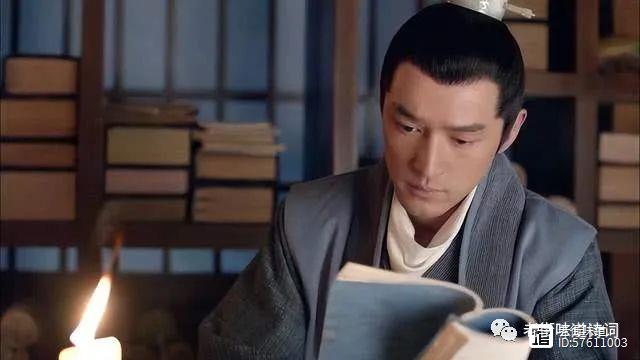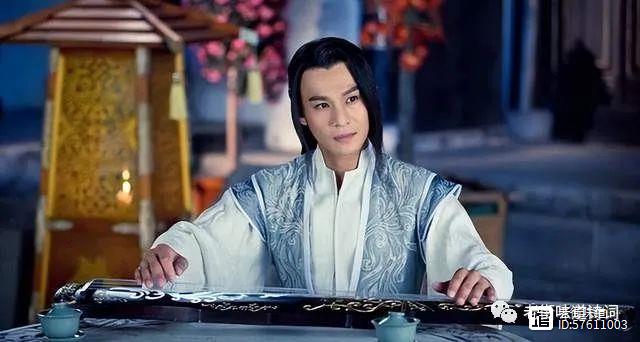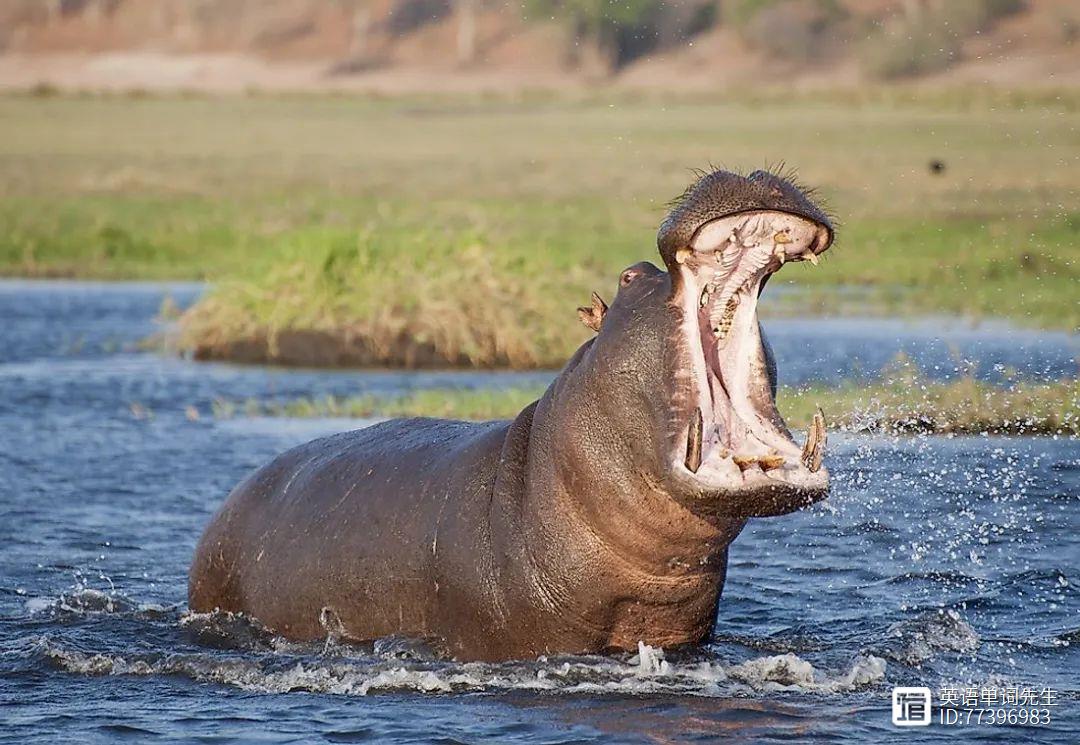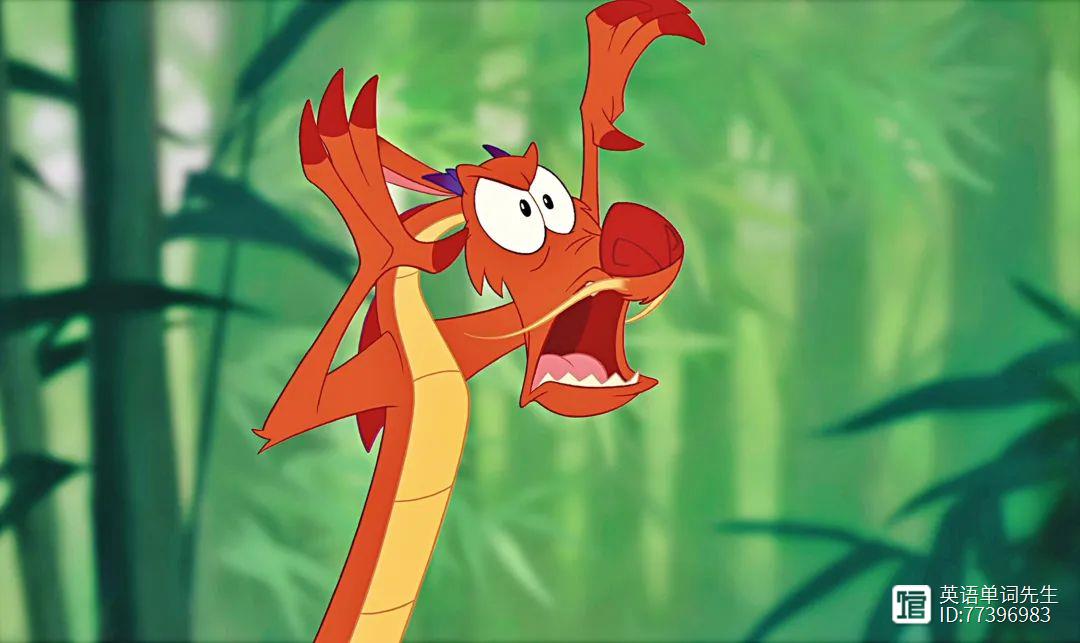龙抬头|Dragon Head Raising Day

The dragon raises its head on the second day of the second lunar month, which falls on 21st of February this year. This day is also called Longtoujie (Dragon's Head Festival) or Chunlongjie (Spring Dragon's Festival).
农历二月初二是龙抬头,今年是在2月21日。这一天也叫龙头节或春龙节。
It is said that as the day approaches, the land begins to awaken while the "Yang" air starts to rise. Dragons are considered to be auspicious in Chinese folktales, and they are believed to be the rulers of weather and water. According to the folklore, "the dragon raises its head on the second day of the second lunar month." People hope that dragons will rise so that there will be plentiful rainfall and it will be beneficial to the spring plowing.
据说随着龙抬头的临近,大地开始苏醒, "阳" 气逐渐上升。龙主管雨水,在中国民间故事中被认为是祥瑞之兆。民间传说 "二月二,龙抬头。"人们都希望龙在这一天抬头,这样就会有充足的雨水降临,保障春耕的进行。

Eat 'dragon’ food
Traditionally, food eaten on this day was named after parts of the dragon. For instance, spring pancakes were called “dragon's scales,”noodles were called “dragon's whiskers,” rice was called “dragon's son”. Wontons and dumplings are boiled together to represent “dragon is holding the pearls.”
吃龙食
根据传统,在龙抬头这一天吃的食物是以龙的身体部位来命名的。例如,煎饼被称为 “龙鳞,”面条被称为 “龙须,”大米被称为 “龙子”。馄饨和饺子一起煮代表 “龙拿珠。”

Lead the dragon back to house
Early in the morning, people carry water home from the well and pour it into the vat. The one who first brings water home will be the first that leads the money dragon home, which means they will be blessed to make more money this year.
引钱龙
在这天清早,人们从井里挑水回家,倒入水缸。谁最先挑回家就最先引到钱龙,这年财运就会非常好。

Having haircuts
Thousands of Chinese people will hit the barber’s chair in search of good luck and prosperity on this day. It is also said that getting a haircut during the first lunar month is inauspicious and that if people do so their uncle may die. That is why many people can be seen getting their hair cut on Dragon Head-Raising Day.
理发
人们在这一天去理发,以求吉祥兴旺。也有人说,在正月理发是不吉利的,如果人们这样做,他们的舅舅可能会死。(正月理发死舅舅)这就是为什么人们选择在龙抬头这一天剪头发。

No needle-work
On this day, women were not allowed to do needle-work. It was said that when dragons raise their heads to look at the human world, needles would hurt their eyes.
忌做针线活
在这一天,不允许妇女做针线活。据说,当龙抬头看人间时,针会伤害它们的眼睛。

Performing dragon dance
It is said that the dragon, which is believed to have the power of controlling the wind and rain, will appear after “Jing Zhe,”(Awakening of Insects) one of the 24 solar terms in China, so people perform dragon dance on sacrificial ceremonies held on this day to pray for plentiful rain for the busy spring plowing.
舞龙
据说龙主宰风雨,它在惊蛰节气现身。人们便在这一天祭祀、舞龙,祈求充沛的雨水降临,为繁忙的春耕作准备。

Repel the insects
Around that day, all insects will come out, stirring up diseases. People hope that the dragons can suppress the poisonous insects. They lightened up beams and wallboards with the rest of the candles used in the Chinese New Year sacrificial ceremony to repel the insects.
驱虫
龙抬头前后,所有的昆虫都会出动,容易引起疾病。人们希望龙可以抑制毒虫。他们用春节祭拜时剩下的蜡烛照亮房梁和墙壁用来驱虫。

参考:
/article/47ONlLAief8
百度百科
- 0000
- 0000
- 0000
- 0000
- 0000













